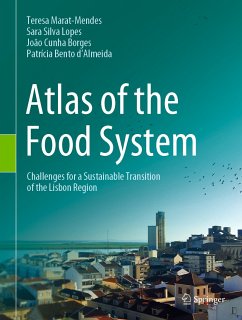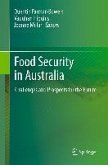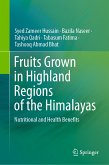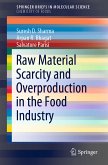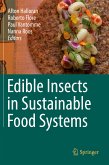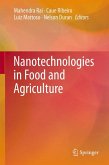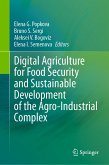The atlas results from an exhaustive survey and research work conducted in Lisbon Metropolitan Area for a research project, SPLACH - Spatial Planning for Change, for the past 3 years, in terms of the analysis of its Food System and Urban Planning, aiming to inform the delineation of planning strategies towards a sustainable urban environment. It is an important reference for planners, architects, planning and architecture students as well as municipal technicians and the general public, as it provides a refreshing and useful source of information to support further readings about the food system and its relations to urban planning instruments and urban form solutions. Furthermore, it builds a contemporary reading about possible solutions to promote a sustainable transition of the current food systems, while enhancing the strategic role of planning and urban form.
Dieser Download kann aus rechtlichen Gründen nur mit Rechnungsadresse in A, B, BG, CY, CZ, D, DK, EW, E, FIN, F, GR, HR, H, IRL, I, LT, L, LR, M, NL, PL, P, R, S, SLO, SK ausgeliefert werden.

